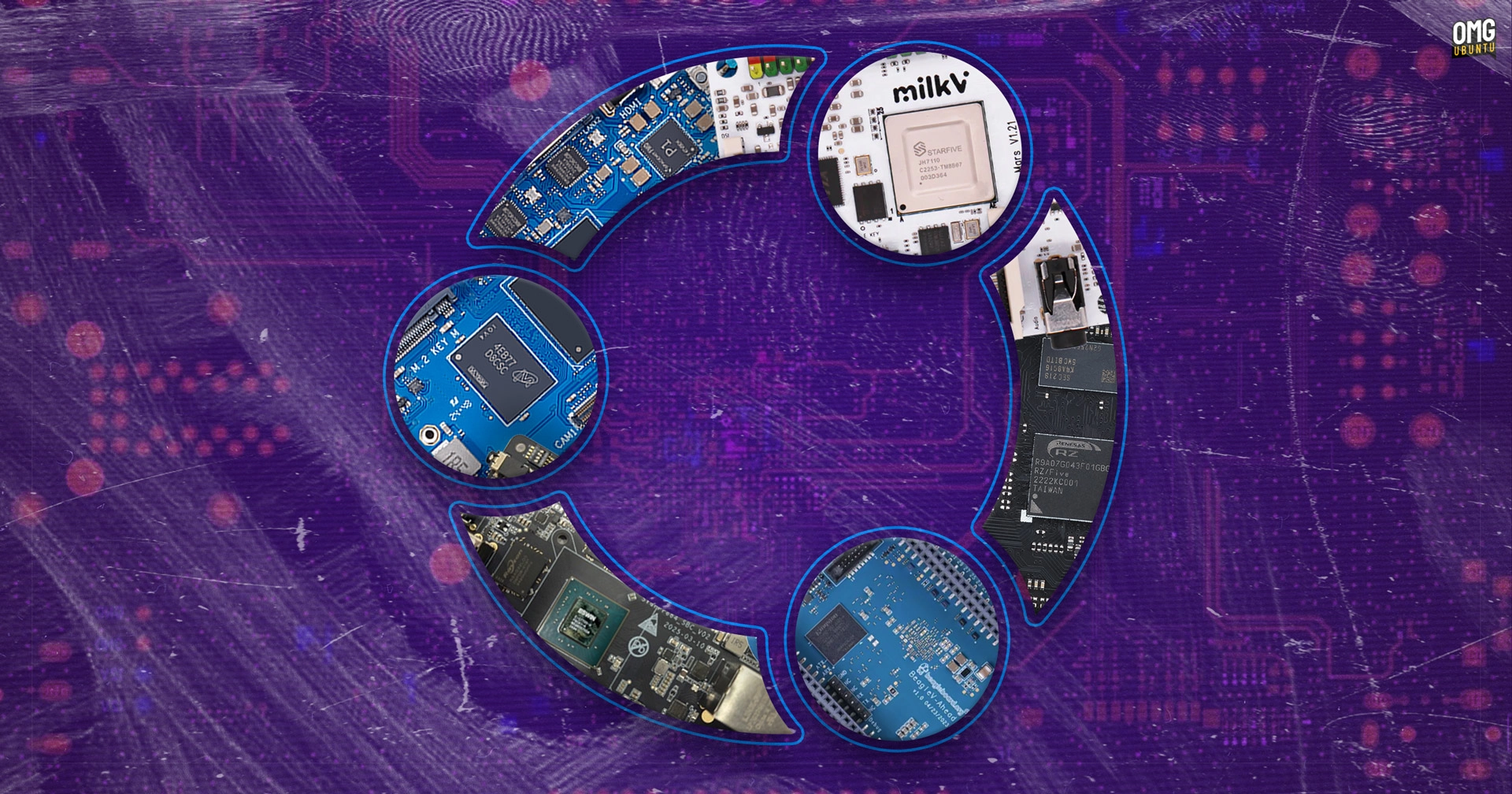Ubuntu’s upcoming version, 25.10, will exclusively support RISC-V devices equipped with RVA23 profile extensions. This strategic shift allows the distro to leverage the latest advancements in hardware performance, without compromising on capabilities. Concerns about the lack of available RVA23 hardware are somewhat alleviated with projections for numerous chips to be released in 2026, alongside some expected this year.
The background of this transition involves collaboration with hardware developers and the unveiling of various high-performance RISC-V processors at the recent RISC-V Summit in China. Notable mentions include the UltraRISC UR-DP1000 motherboard, the Zhihe A210 SoC, and the SpacemIT K3 SoC, all of which promise to harness the potential of RVA23.
The Zhihe A210 is particularly noteworthy, showcasing full compatibility with the RVA23 extensions, which include hypervisor support and additional RISC-V extensions that enhance its performance to compete with traditional x86 and ARM architectures. This could be vital for demanding applications like video processing and large language models.
Canonical’s presence at the RISC-V Summit highlighted its commitment to integrating Ubuntu within the RISC-V ecosystem, even demonstrating Ubuntu 24.04 LTS on high-performance boards that do not yet utilize the RVA23 profile.
It’s important to note that users with existing RISC-V RVA20 devices will not be left behind. Support will continue for them through Ubuntu 24.04 LTS. As demand for powerful RISC-V SoCs and related hardware grows, prices are expected to decline, broadening the scope of RISC-V beyond embedded systems to more diverse applications.
For more information, refer to the following links:
